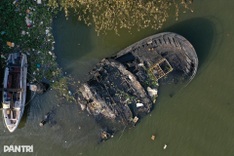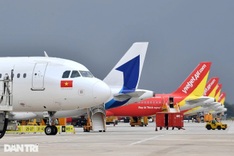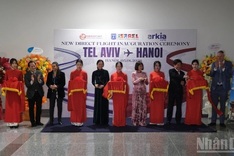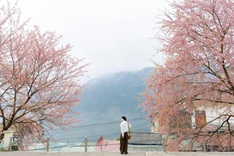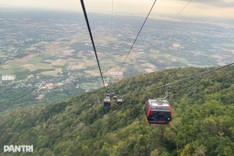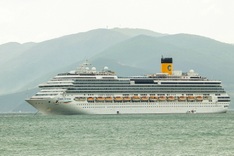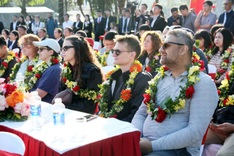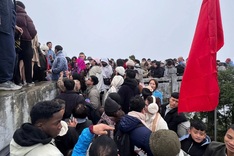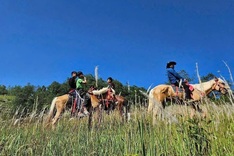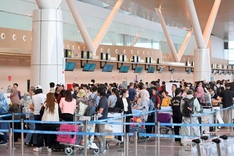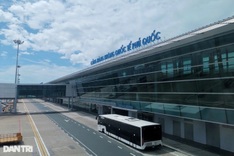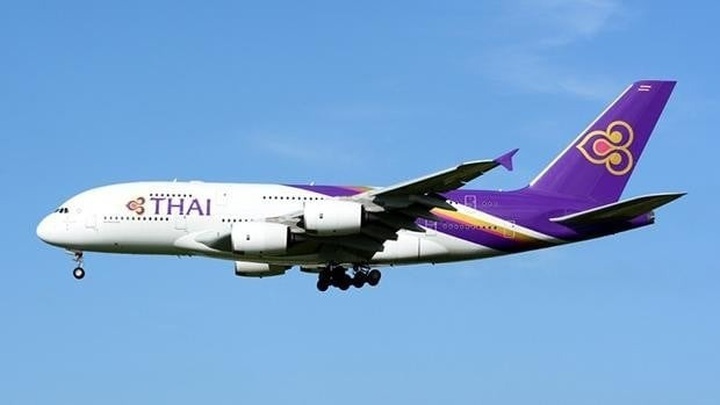
A Thai Airways plane. (Photo courtesy of the airline)
The Civil Aviation Authority of Thailand (CAAT) has revealed ongoing negotiations with Chinese counterparts to secure a one-year relaxation of slot utilisation requirements, amid a continuing decline in tourist arrivals from China.
CAAT Deputy Director-General Manat Chavanaprayoon stated that discussions with Chinese authorities aim to temporarily ease mandates on the use of reserved airport slots. This will enable Thai airlines to reallocate aircraft to more promising markets, offsetting the drop in Chinese demand.
China had historically been Thailand’s largest tourist market, but its post-COVID recovery has lagged due to shifting travel behaviours and safety concerns.
In contrast, Thailand has seen rising visitor numbers from the Middle East and neighbouring ASEAN countries. CAAT is focusing on retaining higher-spending Chinese travelers ahead of the year-end peak season.
Between February and June 2025, Thailand welcomed 72.68 million air passengers across 467,000 flights, still 13.11 per cent below pre-pandemic levels. Among these, 39.31 million were international and 33.37 million domestic.
Thai Airways CEO Chai Eamsiri reported a rising trend in bookings for late 2025. He expressed confidence that growth from other markets would compensate for the dip from China.
The Tourism Authority of Thailand (TAT) has revised down its forecast for Chinese visitors to 5 million for the year, down from an earlier target of 6.9 million. Key recovery strategies include charter flights, enhanced tour packages, and expanding connections with secondary Chinese cities under a broader tourism stimulus plan.
CAAT remains committed to positioning Thailand as a regional aviation hub, with priorities placed on infrastructure upgrades and expanding international air routes. The authority recently granted Air Operating Licences to two new carriers: FlyIntira on April 30 and Siam Wings Airline on May 22.
The Thai government has also reassured foreign visitors that the country remains safe, despite isolated incidents near the border with Cambodia, emphasising that these events are contained within a few provinces.


